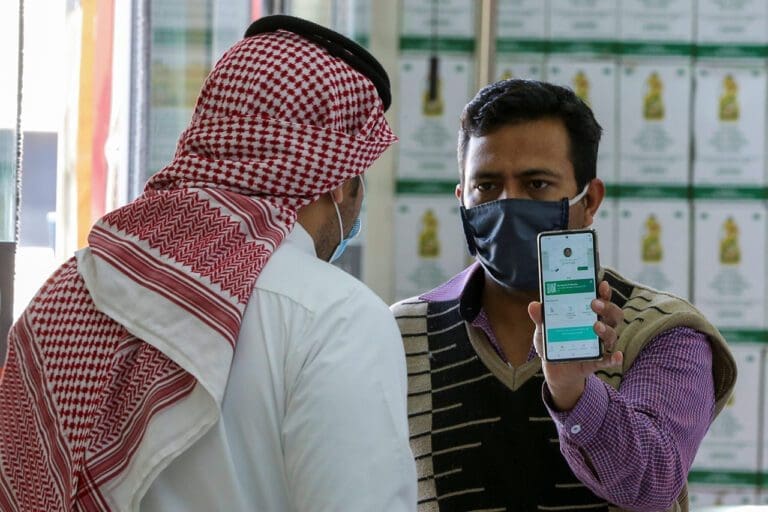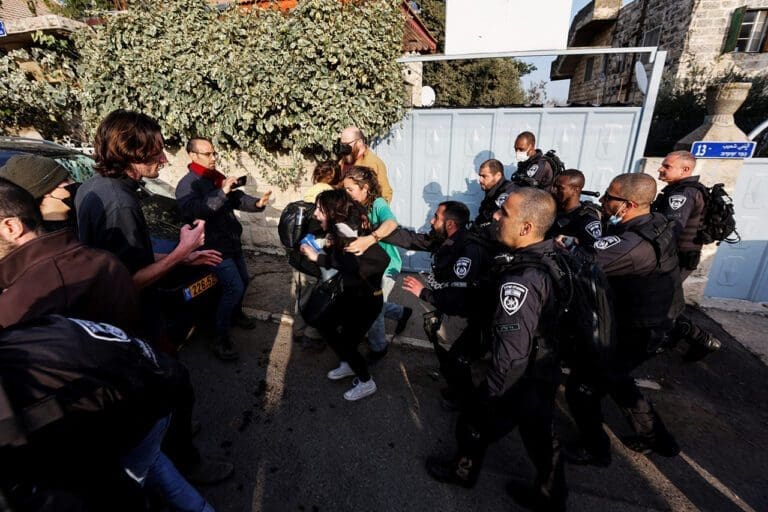Publications
search by

A visualization that tracks cumulative deaths officially associated with COVID-19 in the Middle East and North Africa (MENA) countries over the 2020-2022 period on a comparable per capita basis.
learn more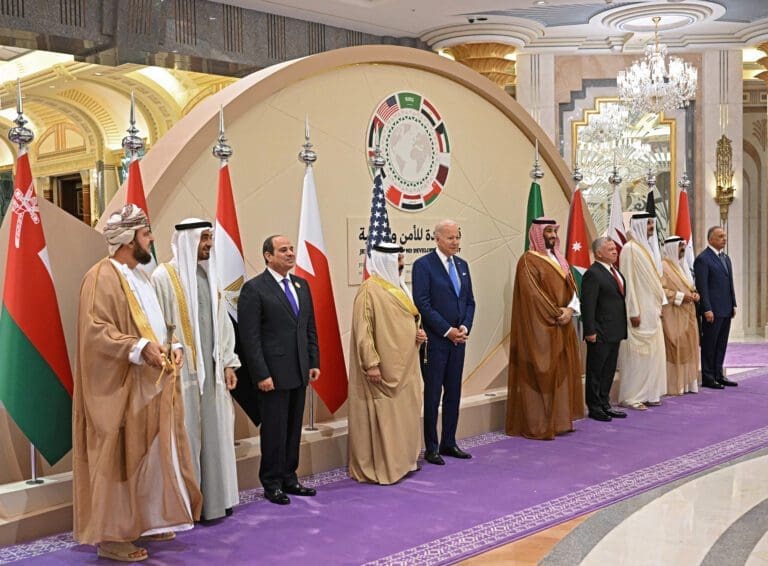
The role of great power competition in shaping the future of the Middle East, and its impact on international alliances, and regional security. read more!
learn more
Explore Egypt’s Foreign Policy During the Sisi Era, from Successes in the Eastern Mediterranean Basin to the Renaissance Dam Crisis. Read More!
learn more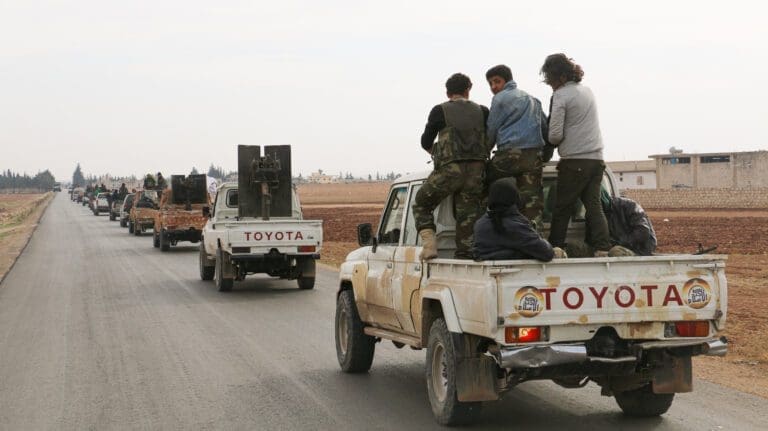
Civilian populations in the conflict-ridden countries of the Middle East and North Africa have undergone a radical transformation of their governing structures. In countries like Iraq, Syria, and Libya, these structures are increasingly dominated by unconventional security providers such as militias and paramilitary groups aligned with the state, creating complications for good governance and security sector reform (SSR).
learn more
Iraq was pushed to the brink of civil war in August following a series of tit-for-tat exchanges between Muqtada al-Sadr—head of Iraq’s most powerful socio-political movement (the Sadrist movement) and one of the country’s most powerful militia groups (Saraya Salam)—and a coalition of Iran-aligned parties and militias known as the Shiite Coordination Framework.
learn more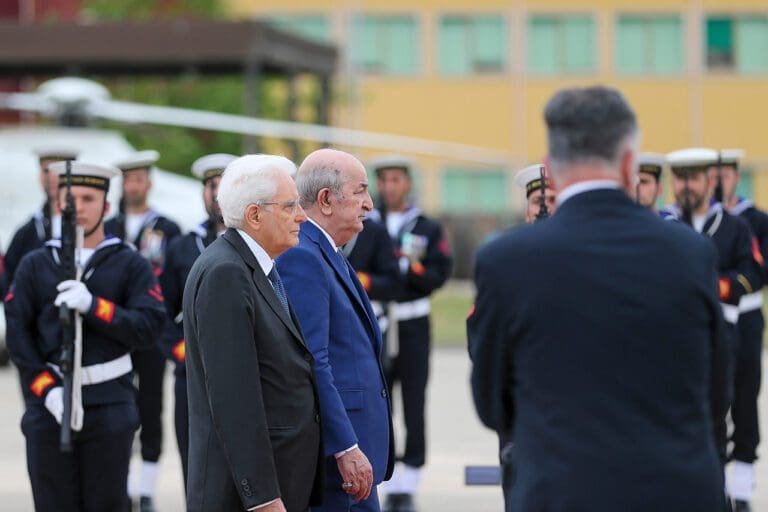
In early 2019, the hirak, a nationwide peaceful movement, called for the removal of President Abdelaziz Bouteflika.
learn more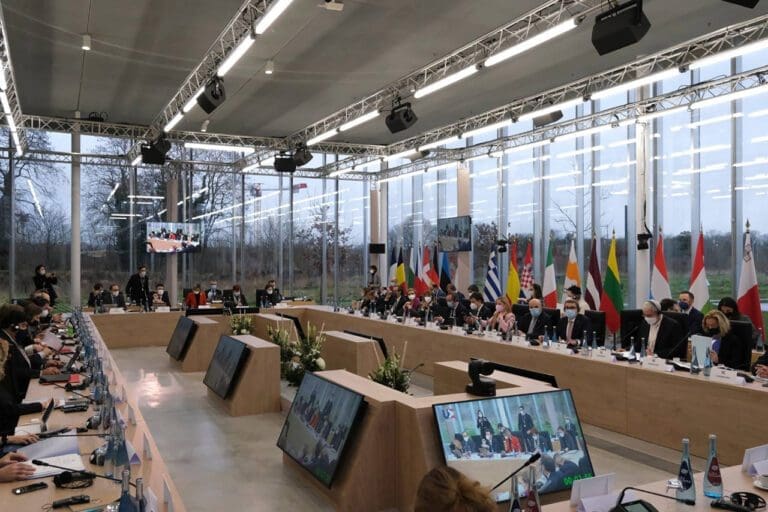
The Middle East and North Africa (MENA) region has undergone many Track II initiatives, with the aim of resolving, or at least alleviating, conflict.
learn more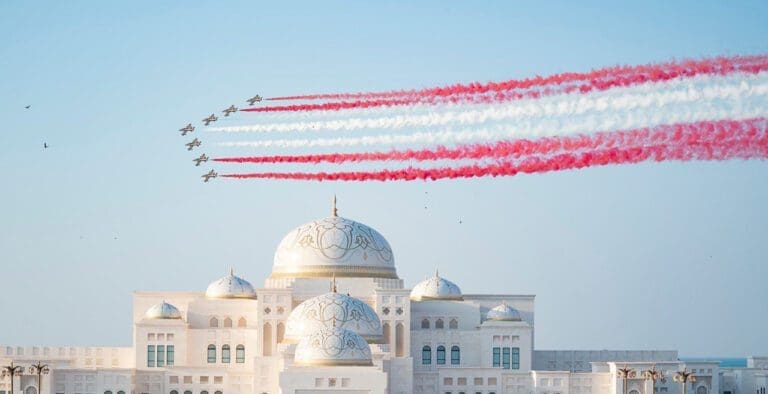
Mirroring region-wide trends, Turkey has adopted a policy of bridge-building across the Middle East in recent years.
learn more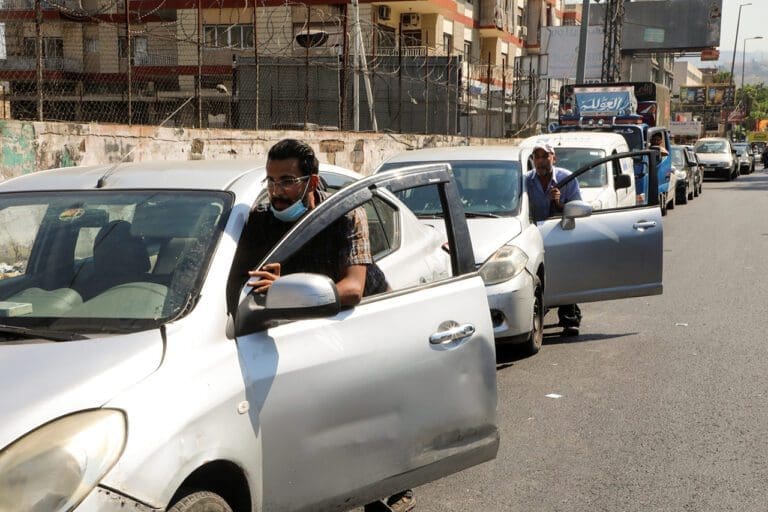
These challenges represent long-term trends that can be anticipated but cannot easily be avoided. Countries can only prepare for them.
learn more
It is possible for countries that performed well to reap benefits in terms of increased citizen trust in government
learn more
